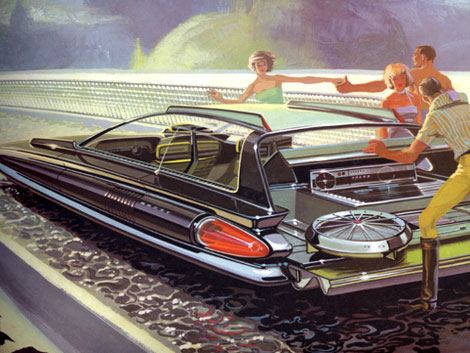Fully autonomous cars may be further up the road, but smart, connected cars are something we could do right now if common standards were achieved and infrastructure updated. Some of the benefits from the Economist:
“Some parts of the transformation are already in place. Many new cars are already being fitted with equipment that lets them maintain their distance and stay in a motorway lane automatically at a range of speeds, and recognise a parking space and slot into it. They are also getting mobile-telecoms connections: soon, all new cars in Europe will have to be able to alert the emergency services if their on-board sensors detect a crash. Singapore has led the way with using variable tolls to smooth traffic flows during rush-hours; Britain is pioneering ‘smart motorways,’ whose speed limits vary constantly to achieve a similar effect. Combined, these innovations could create a much more efficient system in which cars and their drivers are constantly alerted to hazards and routed around blockages, traffic always flows at the optimum speed and vehicles can join up into ‘platoons’ on the motorways, travelling closer together, yet with less risk of crashing. …
If cars are to connect, new infrastructure will have to be built. Roads and parking spaces will need sensors to monitor them; motorways will need dedicated lanes for platooning. But this will not necessarily be expensive. Upgrading traffic signals so they can be controlled remotely by a central traffic-management system is a lot cheaper than building new roads.”

